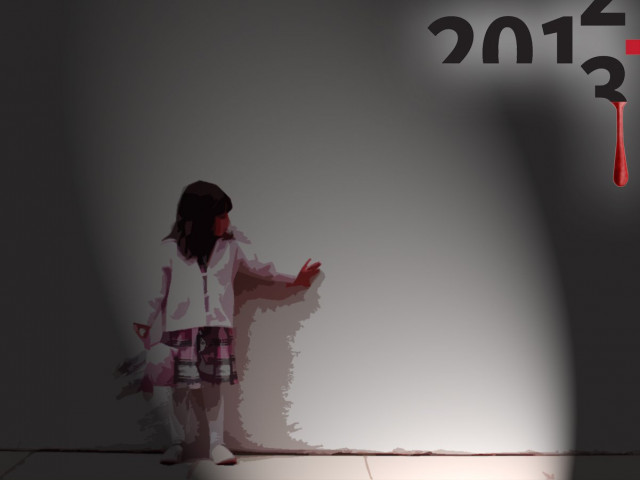Charities and sexual abuse
So should ccountability bar be set higher for organisations delivering succour to neediest and most exposed

PHOTO: FILE
Another global children’s charity ‘Save the Children’ is poleaxed by the same disease. There were 35 cases of sexual harassment reported at Save the Children International and in 2016 there were 193 cases triggering 53 investigations leading to 11 dismissals. Twenty files were handed to the police. Nothing that Oxfam or Save the Children is going to do in the short- to medium-term is going to repair the damage done to their brand. Mud like this sticks and does not wash off. It enters the public mind and stays there, and will affect the way in which both are funded and perceived for years to come.
Both these organisations have a presence in Pakistan and have done so for many years. I have never heard even a whiff of the types of scandal detailed above about either organisation and to the best of my knowledge they are beyond reproach. Their work is well known, respected and indeed vital in some areas where they fill in the blanks in local paediatric and maternal healthcare in particular. And despite this, and wherever they and other similar organisations work globally, they are going to suffer guilt by association. Fingers of doubt will be pointed. Questions asked. Doubts fermented in the filthy pond of conspiracy theory. Governments will move, as they have in Pakistan, to limit their operations or curtail them entirely as has recently happened in Fata. The consequence, as here, is that needy people especially women and children, are deprived of the professional services they are so badly in need of.
No organisation of the size and complexity — and wealth — of the INGOs is ever completely stain free. None. No organisation of any description is stain free. Workplace sexual harassment is an endemic global problem, likewise corruption, mismanagement and poor working conditions that are discriminatory and exploitative. The INGOs do not flit around clad in shining raiment dispensing largesse from gold-plated ‘Cruisers. They do difficult jobs in often extreme and adverse working conditions and yes, deliver the goods exactly as described on the box they came in. By far the majority of those that work for them are honest and upright, many motivated by the best of humanitarian intent — and a tiny minority take prostitutes back to their luxury quarters in their fancy 4WDs and have sex with them probably paying for it with the money that is their salary which might have been made up in part of a charitable donation.
So should the accountability bar be set higher for organisations that deliver succour to the neediest and most exposed? In theory yes — in practice no. There are a finite number of people willing or even able to work in the aid sector. Some who are drawn to it burn out early. Of those in for the long haul only a minority is management material and an even smaller number of them turn out to be good managers. Some are dreadful managers who were appointed because at the time of recruitment there was either flawed judgment or a stop-gap solution that became long term. I have known both. At the end of the day there are going to be as many rotters in the aid business as there are proportionately in the rest of the world. That excuses nothing, but think before blanket condemnation.
Published in The Express Tribune, February 22nd, 2018.
Like Opinion & Editorial on Facebook, follow @ETOpEd on Twitter to receive all updates on all our daily pieces.















COMMENTS
Comments are moderated and generally will be posted if they are on-topic and not abusive.
For more information, please see our Comments FAQ